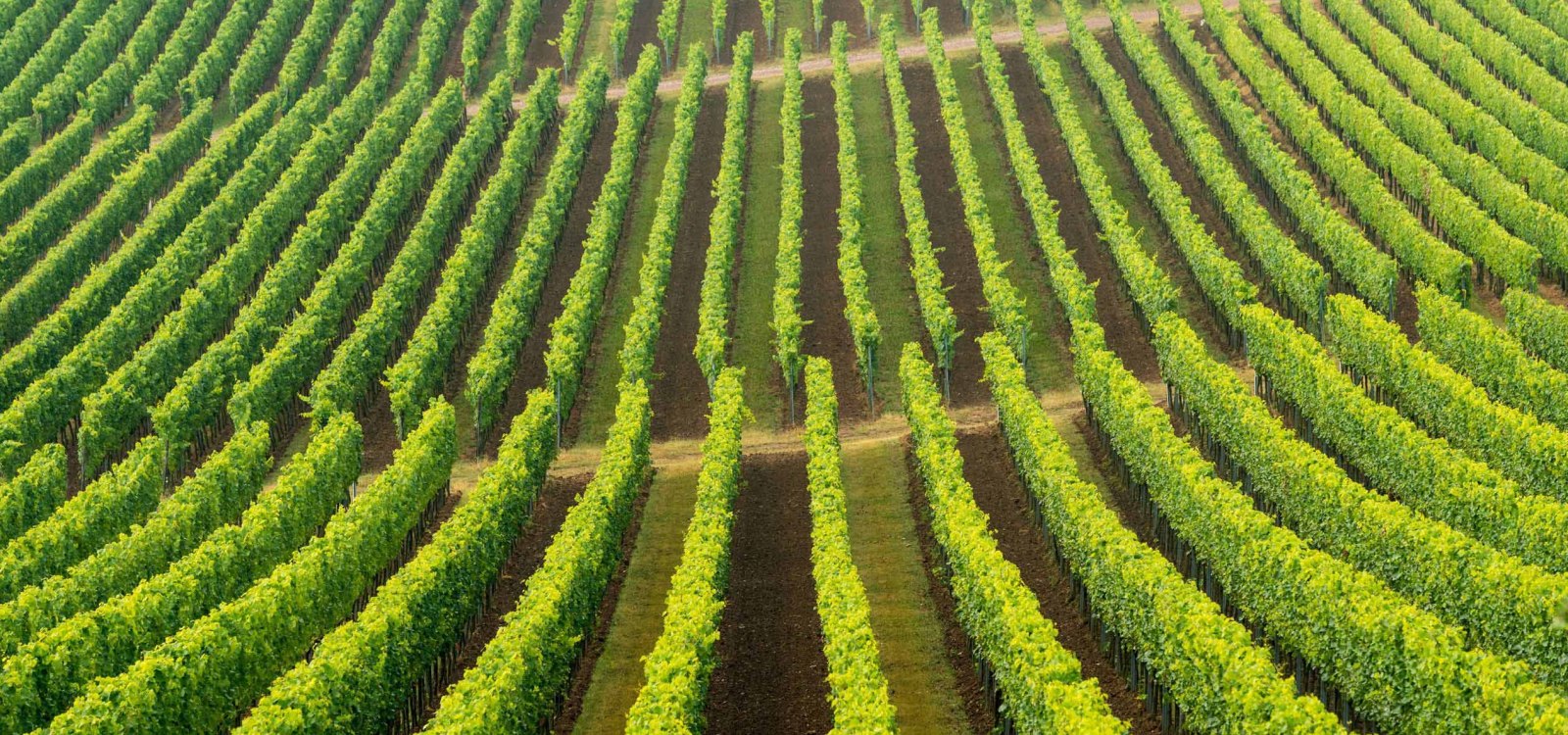
searchMenu



Badenheim Gallows Hill Place of horror, poetry and pleasure Was this really the place of execution for the condemned in the Middle Ages? Well visible, on a hill, at the border of the district - that would fit. However, numerous hills bear the name Galgenberg in German usage. They would not be the only graves in Badenheim: One found in a Celtic-Roman grave field (300.B.C.-100n.C.) a precious sword as grave gift, furthermore 81 graves of the Merovingians. In addition, Isaak Maus (1748-1833) from Badenheim rests in the cemetery. He…

This layer designation goes back to soil finds from Roman times.

The name is based on a corruption of the Middle High German words fron meaning "for the Lord to be performed service". Here was a Fronhof.

Rieslings under the wings of birds of prey In Medieval times, birds of prey were called vultures (German: “Geier”). And these animals are indeed the eponym here. The mountain used to have wooded areas and vultures nested there. The location was already mentioned in documents around 1500 with the name "ym nesten geierßbuhl". On the carbonate-rich loess soils with a high lime content, mainly Rieslings grow, but also many other grape varieties. The wines from there are powerful and expressive – just like birds of prey.…

Long ear, deep well? Definitely a large diversity of varieties Another very popular vineyard name in the German wine countries: “Hasensprung” (Engl: hare jump). There are various interpretations: Either the name comes from the Middle High German word "spring/sprung" and means spring or well. Or the location refers to the animal hare, which was or is abundant there and stands for fertility. Various grape varieties grow on the very fertile loess soil: great Riesling, fantastic Pinots, just as well as new grape varieties. Discover…

The location was mentioned around 1500 with the name "yn the gewanden against the heyligen Creuz". The name of the location refers to a corridor.

Whether wild rose or rose garden – today it is a vineyard Such a simple term, yet so many possible interpretations! It could refer to natural growth of wild roses. Those often grow in Rheinhessen and their rose hips shine in autumn. It could also have been early medieval burial grounds, a very vague interpretation. In Bechtheim, people say that the then sovereign and local lord, the Count of Leiningen, maintained a "Roßgarten” (Engl.: horse garden") there. It belonged to the farmstead in the centre of the village. The…

Medium gravelly, top Pinots Another candidate, like "Sonnenberg" and "Hasensprung": "Stein" is an extremely popular vineyard name, resulting in Bechtheimer Stein. This name always refers to the nature of the soil. Yet, anyone who now thinks that the vines growing here are sitting on a hard stone rock is mistaken. The humus-rich loess and clay soil has portions of clayey silt and lime, but is not cast from stone. Instead, it is studded with smaller stones. Pinot varieties in particular appreciate this vineyard site, but other grape varieties…

The location was mentioned in 1501 with the name "uff the homberge" documentary. The name of the location was created by the contraction and alignment of "high mountain" and means "high mountain".

The name is based on the adjacent location on the Petersberg, on which stands a pilgrimage church.
Rheinhessenwein e.V.
Otto-Lilienthal-Straße 4
55232 Alzey
E-Mail: info@rheinhessenwein.deRheinhessenwein e.V.
Otto-Lilienthal-Straße 4
55232 Alzey
E-Mail: info@rheinhessenwein.de